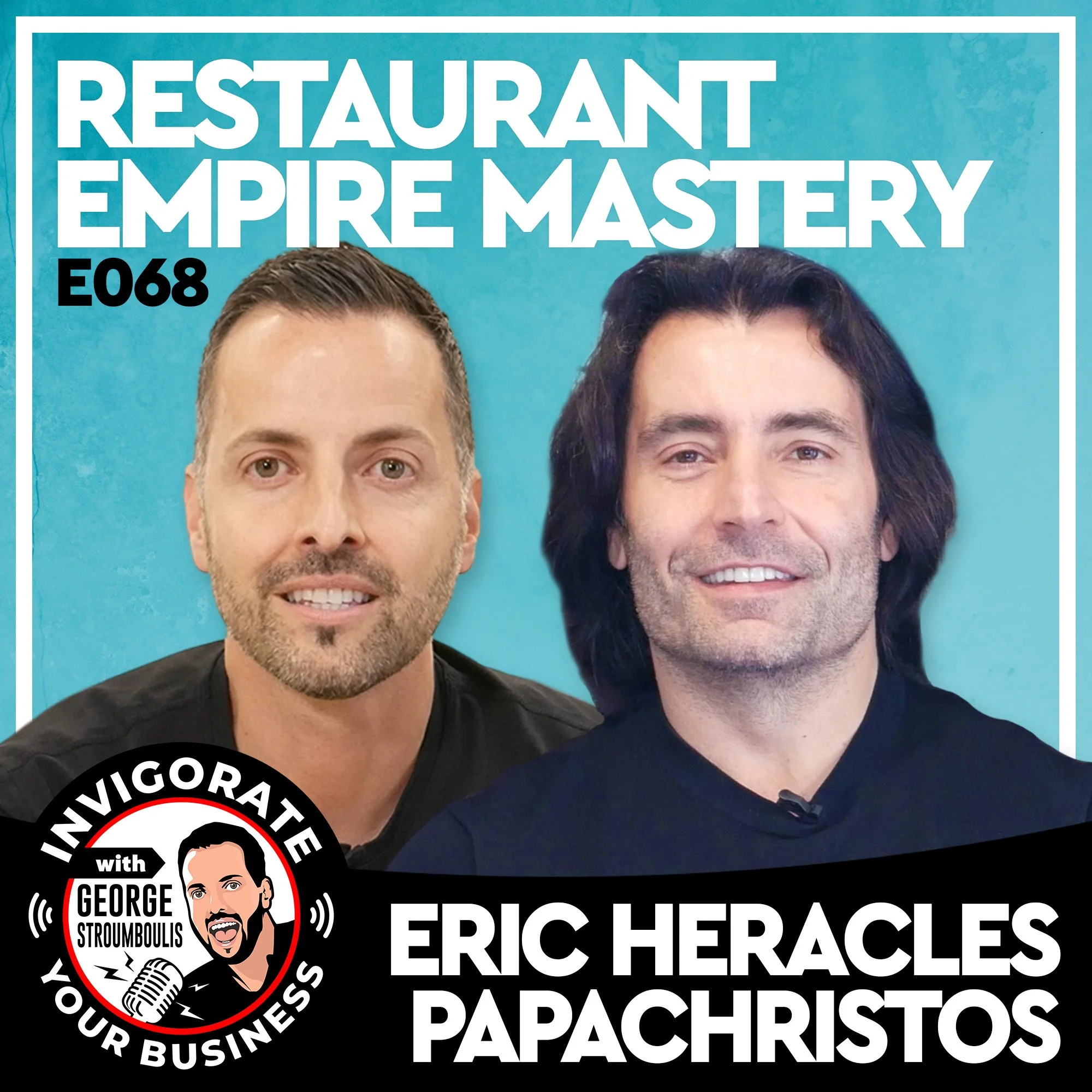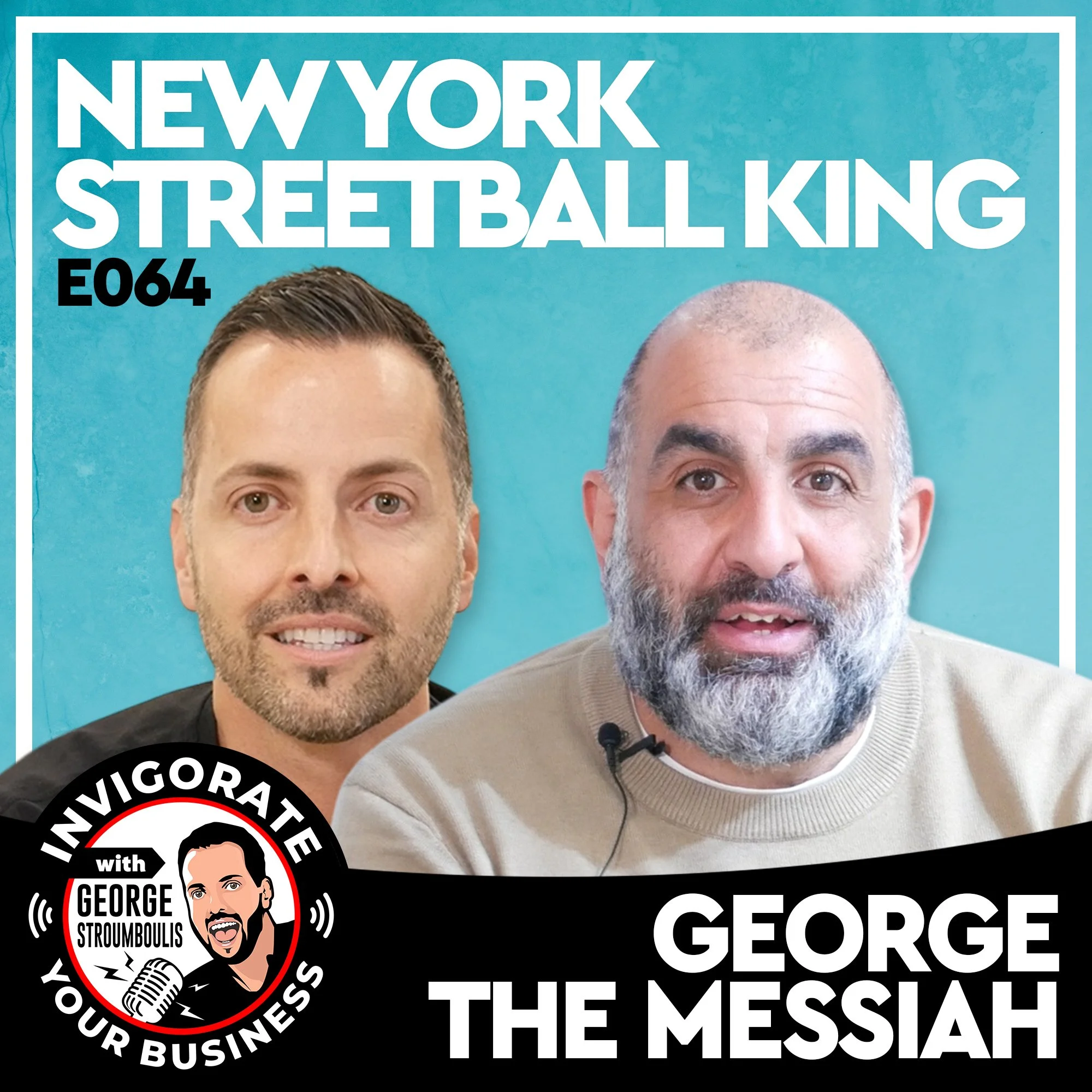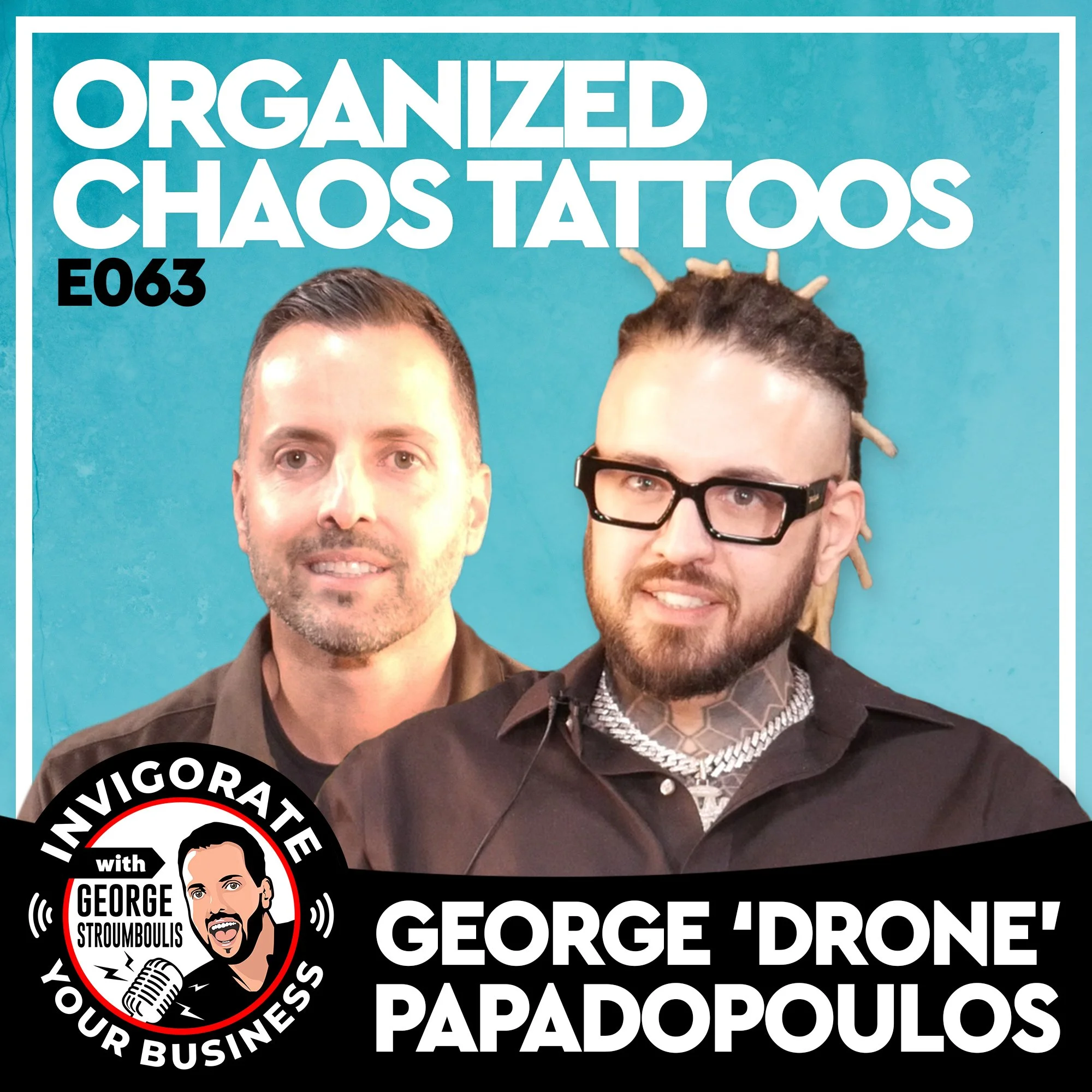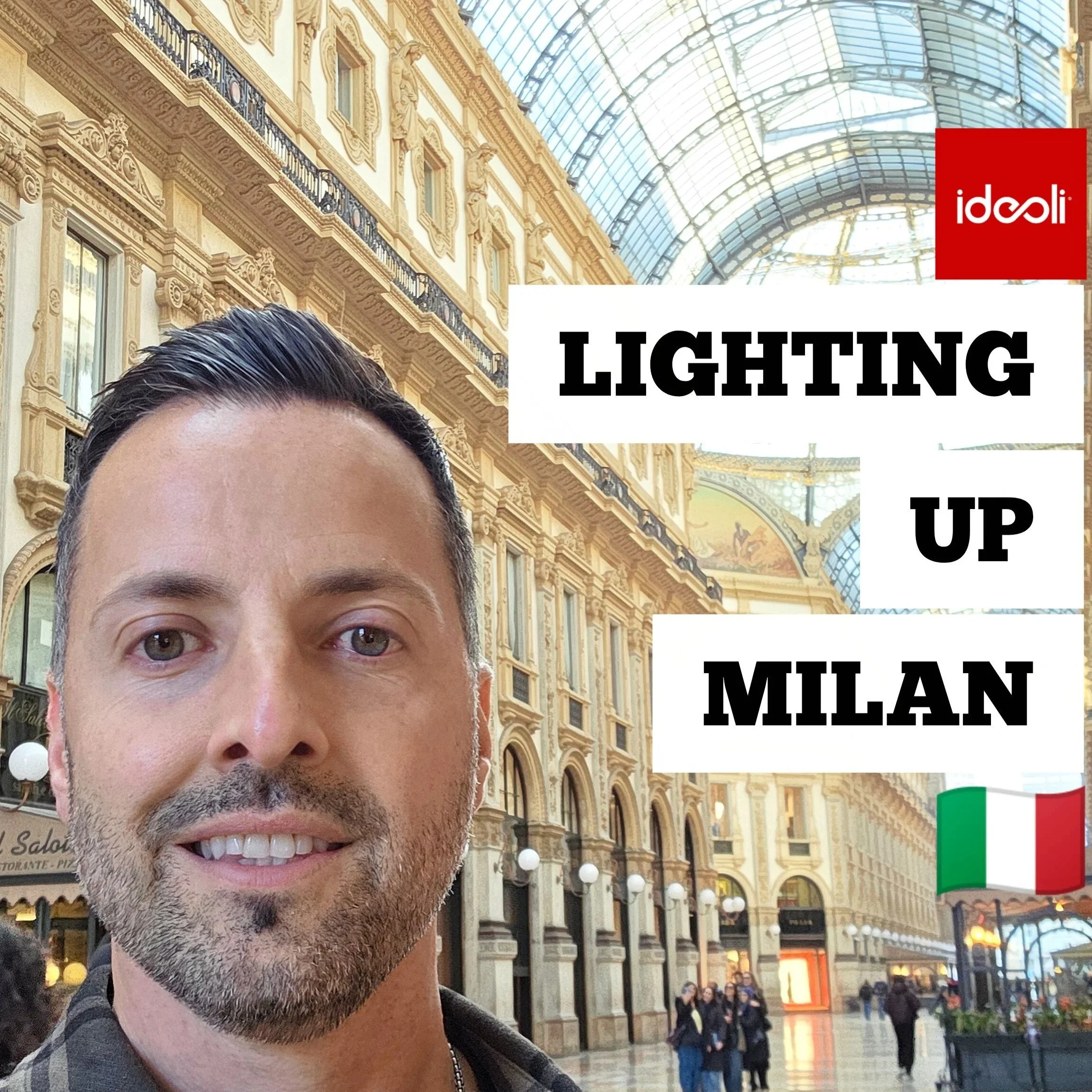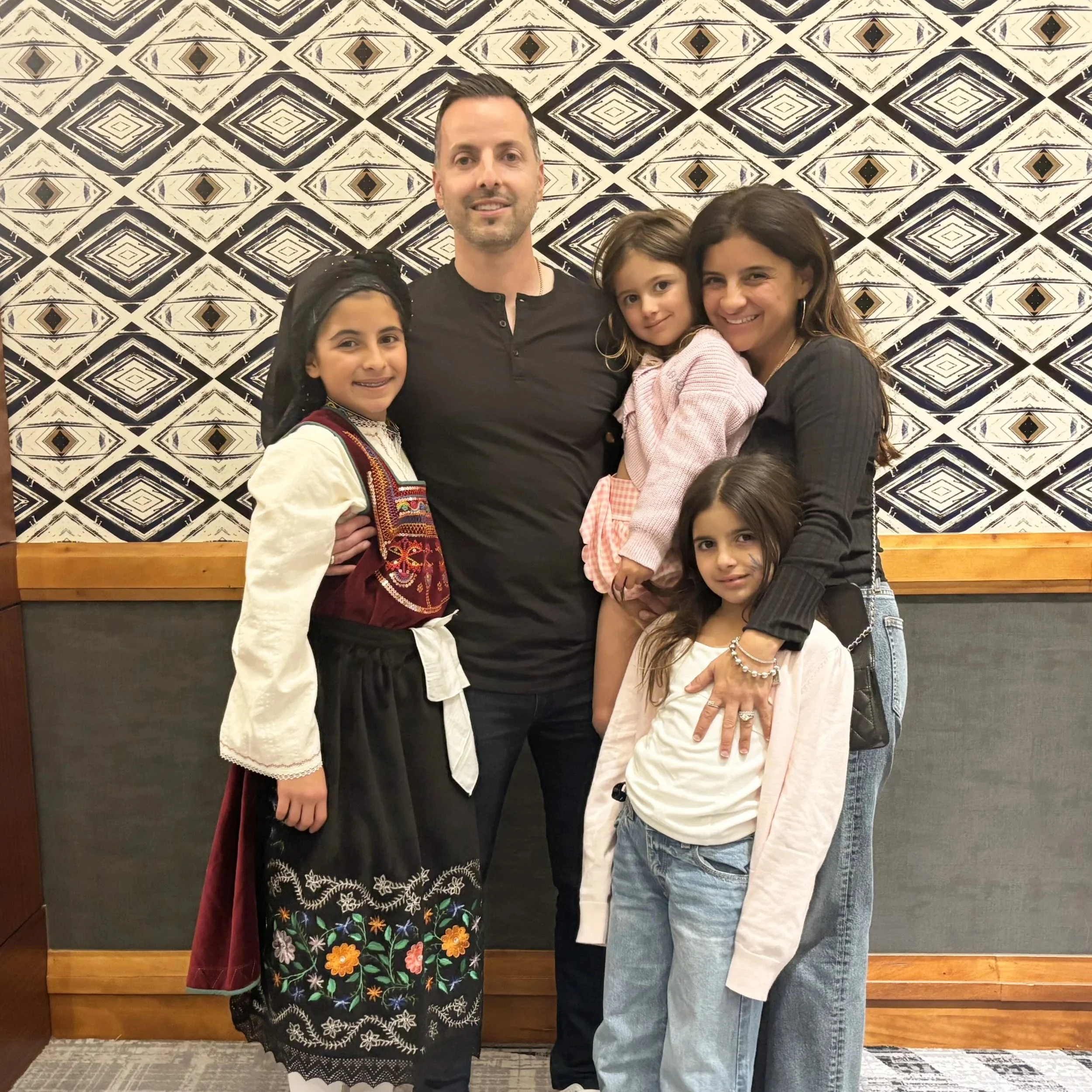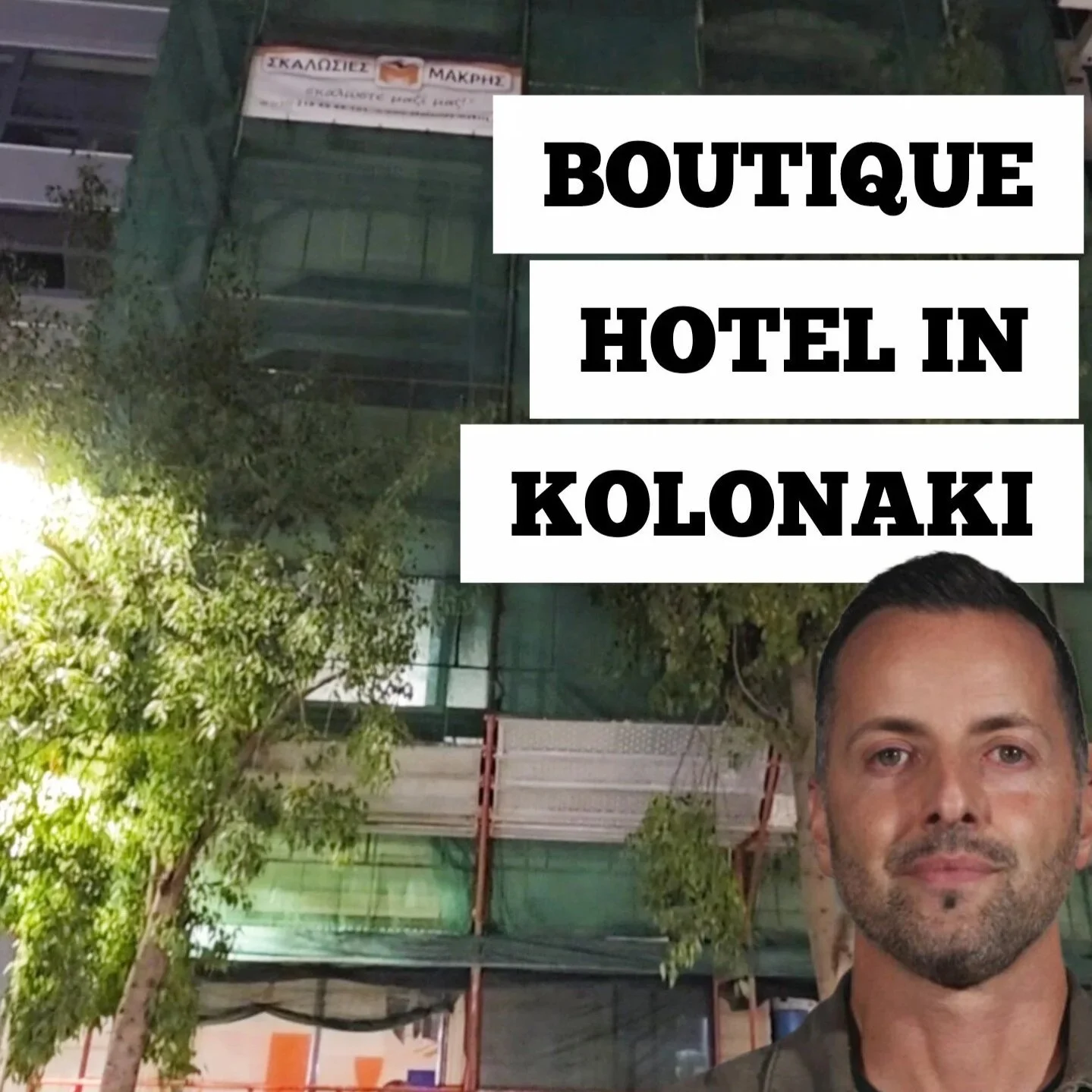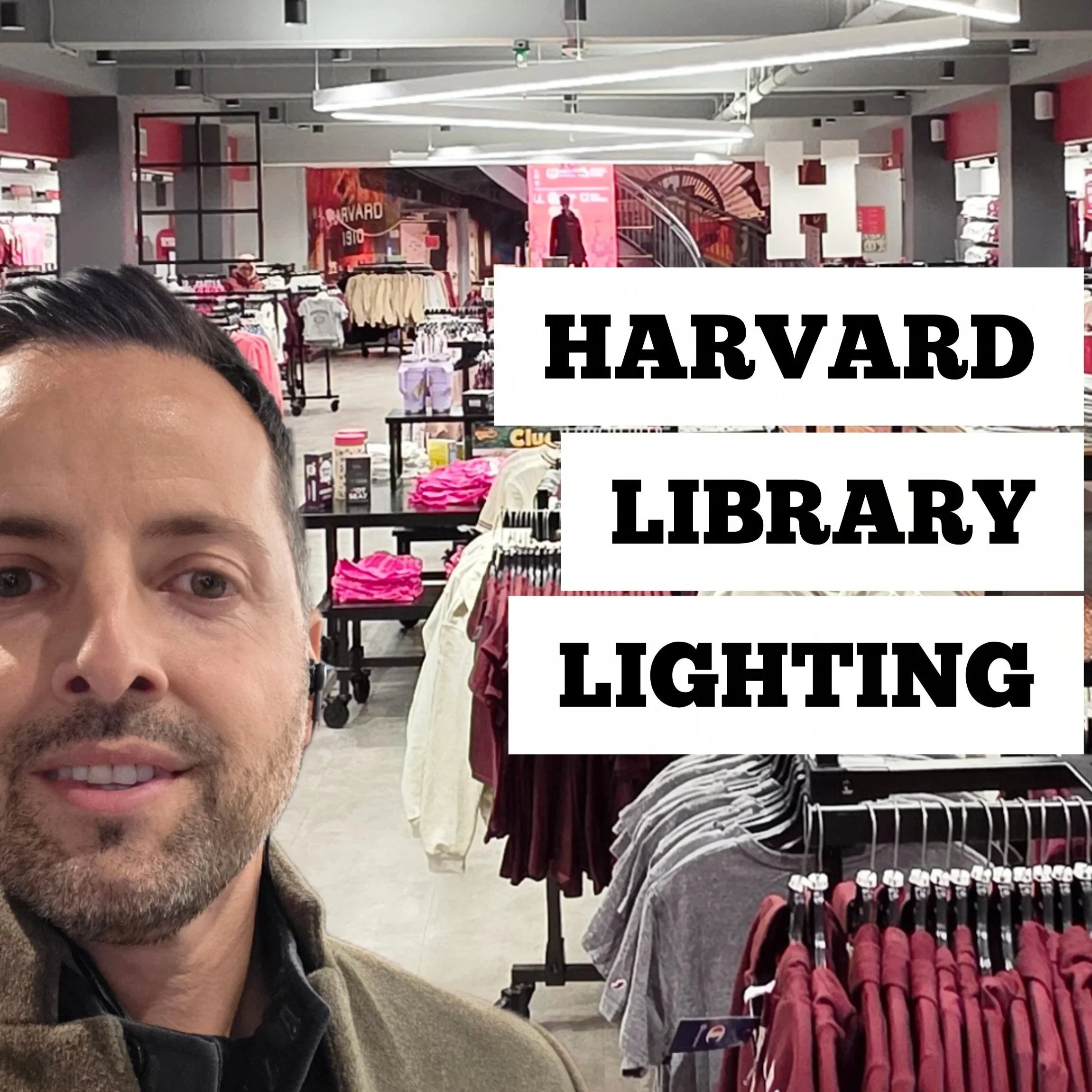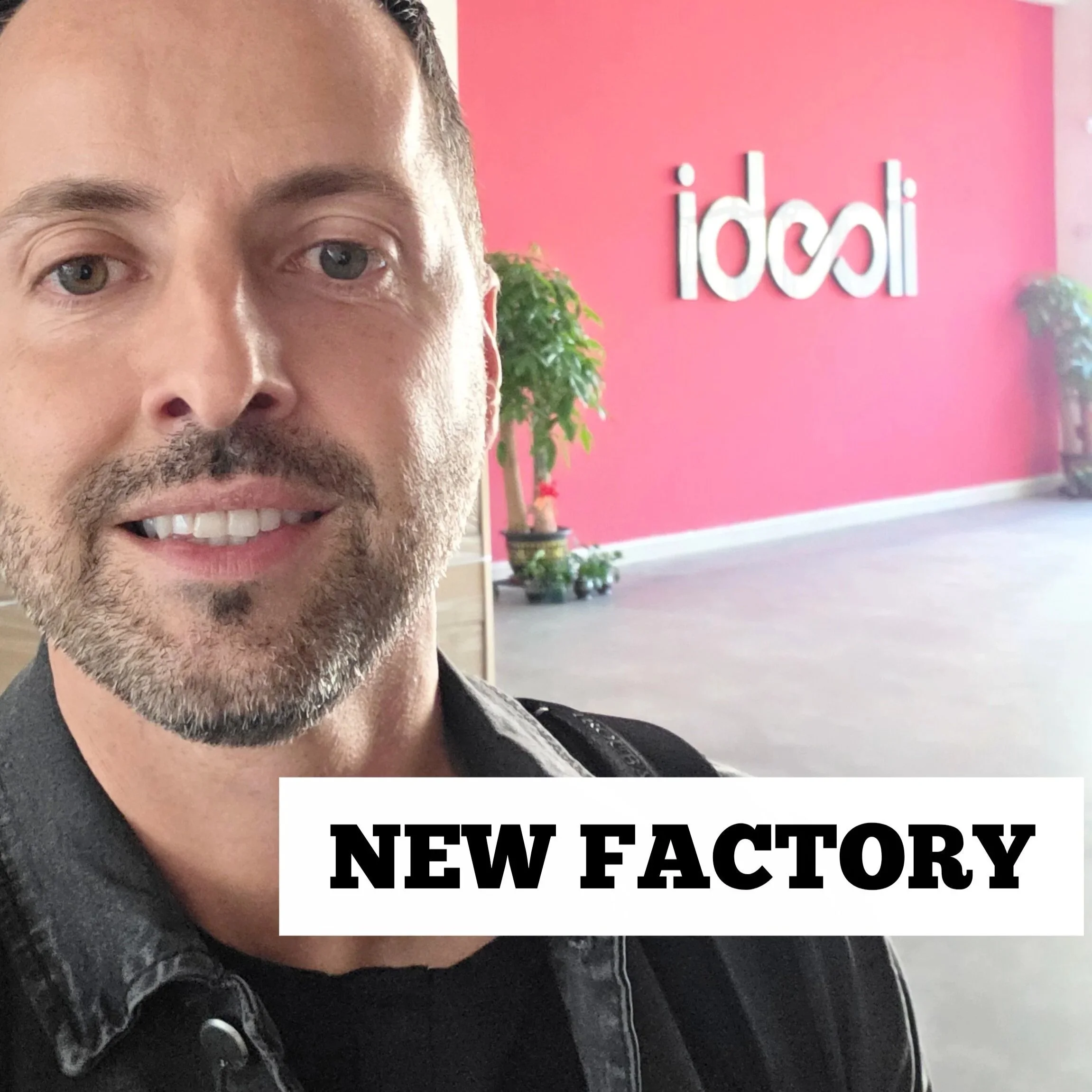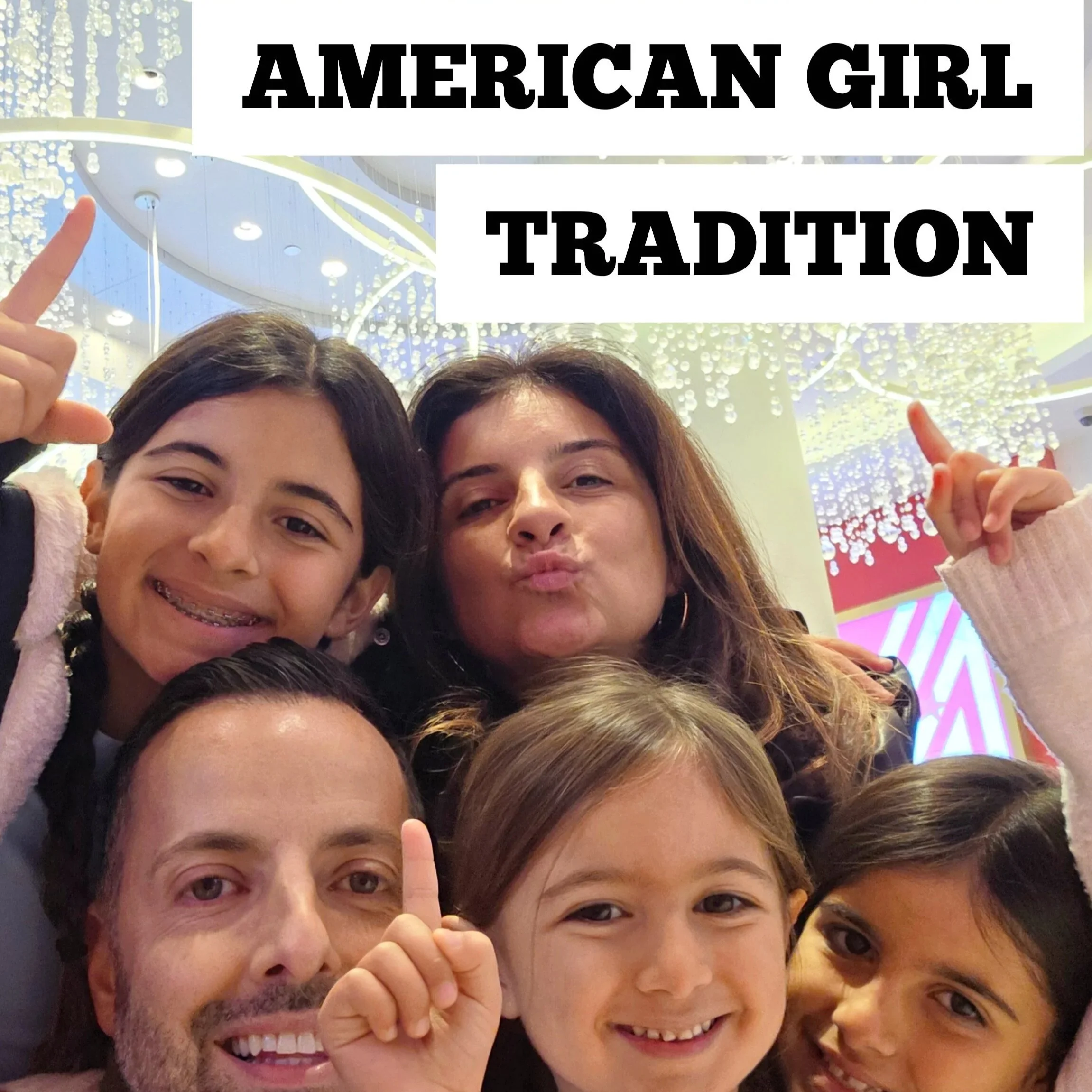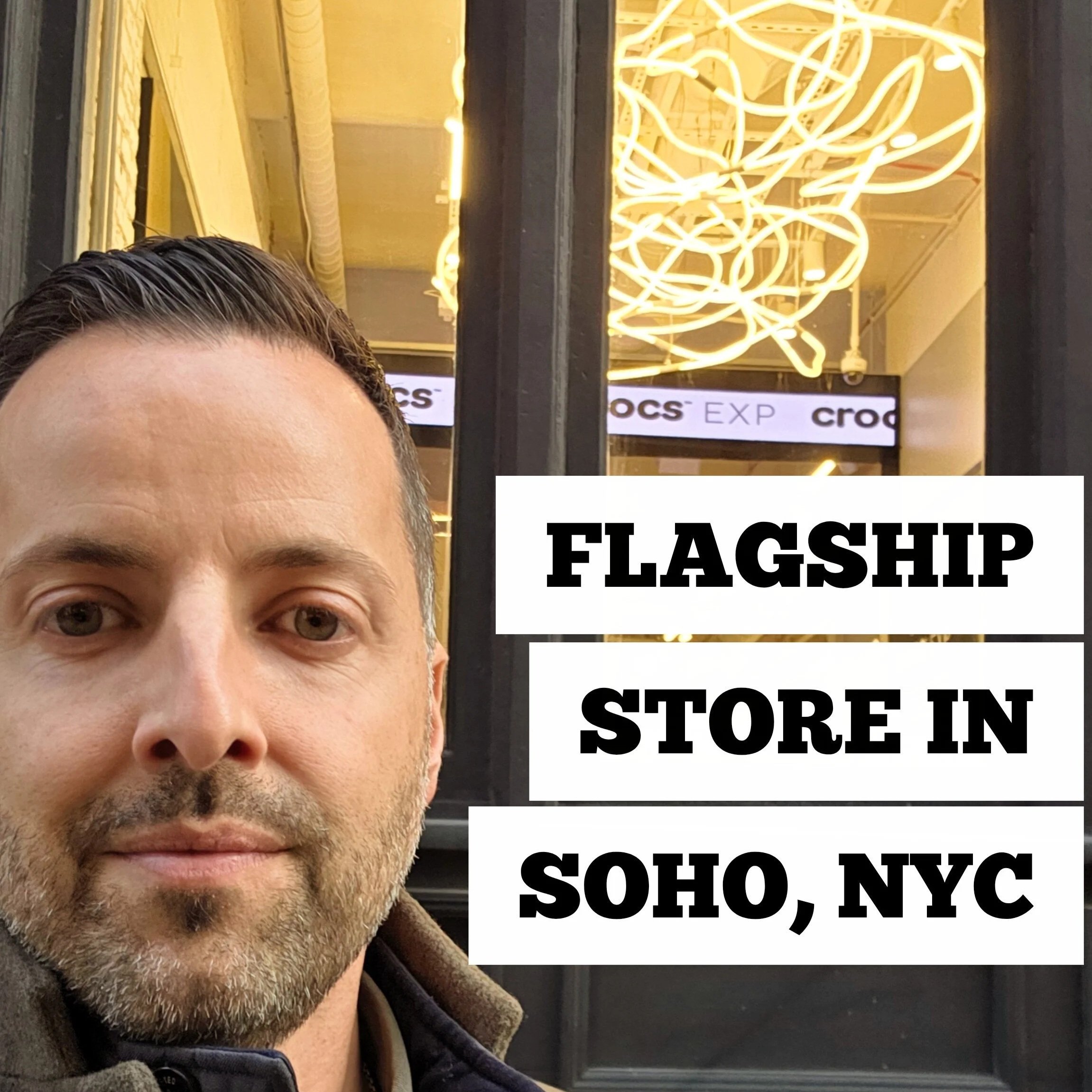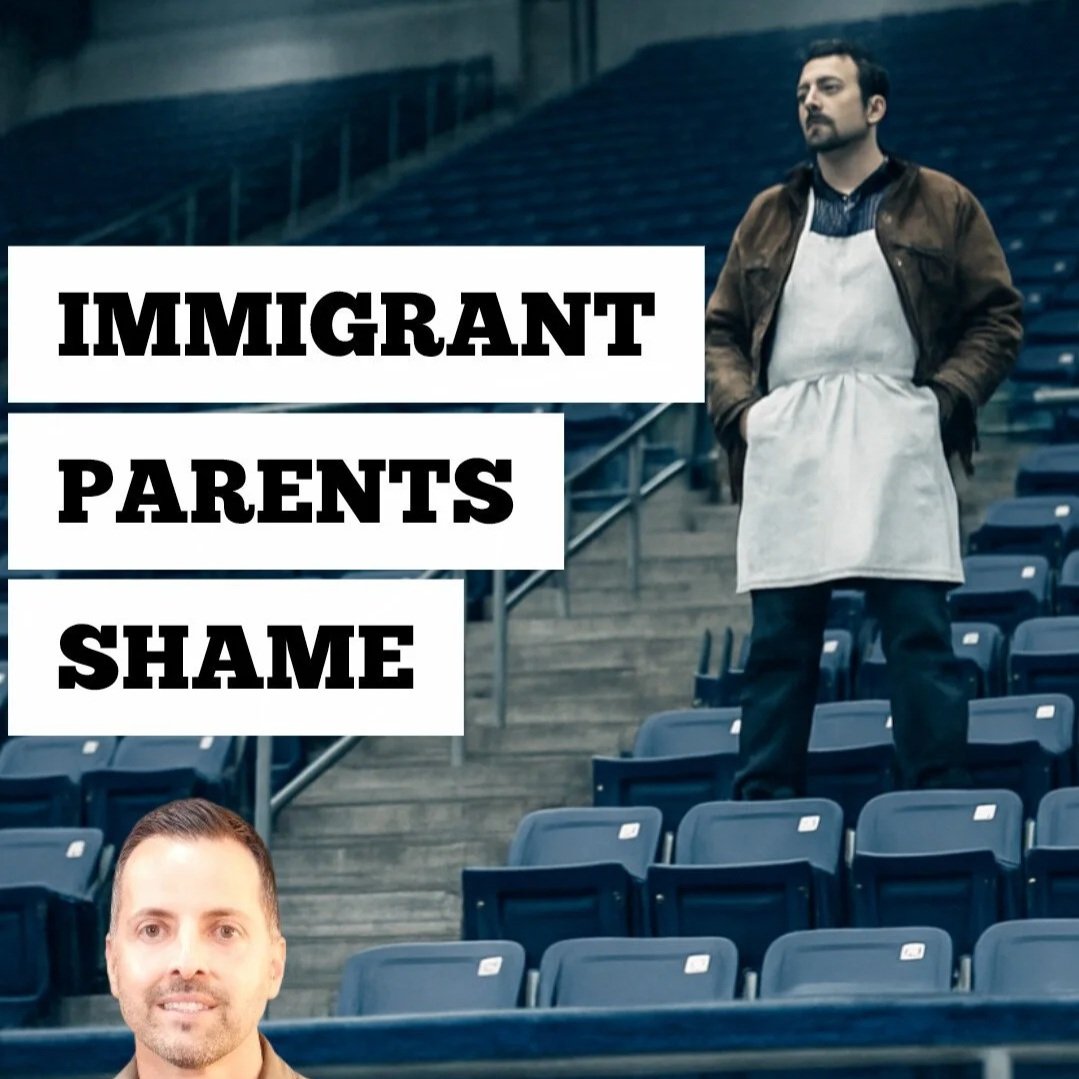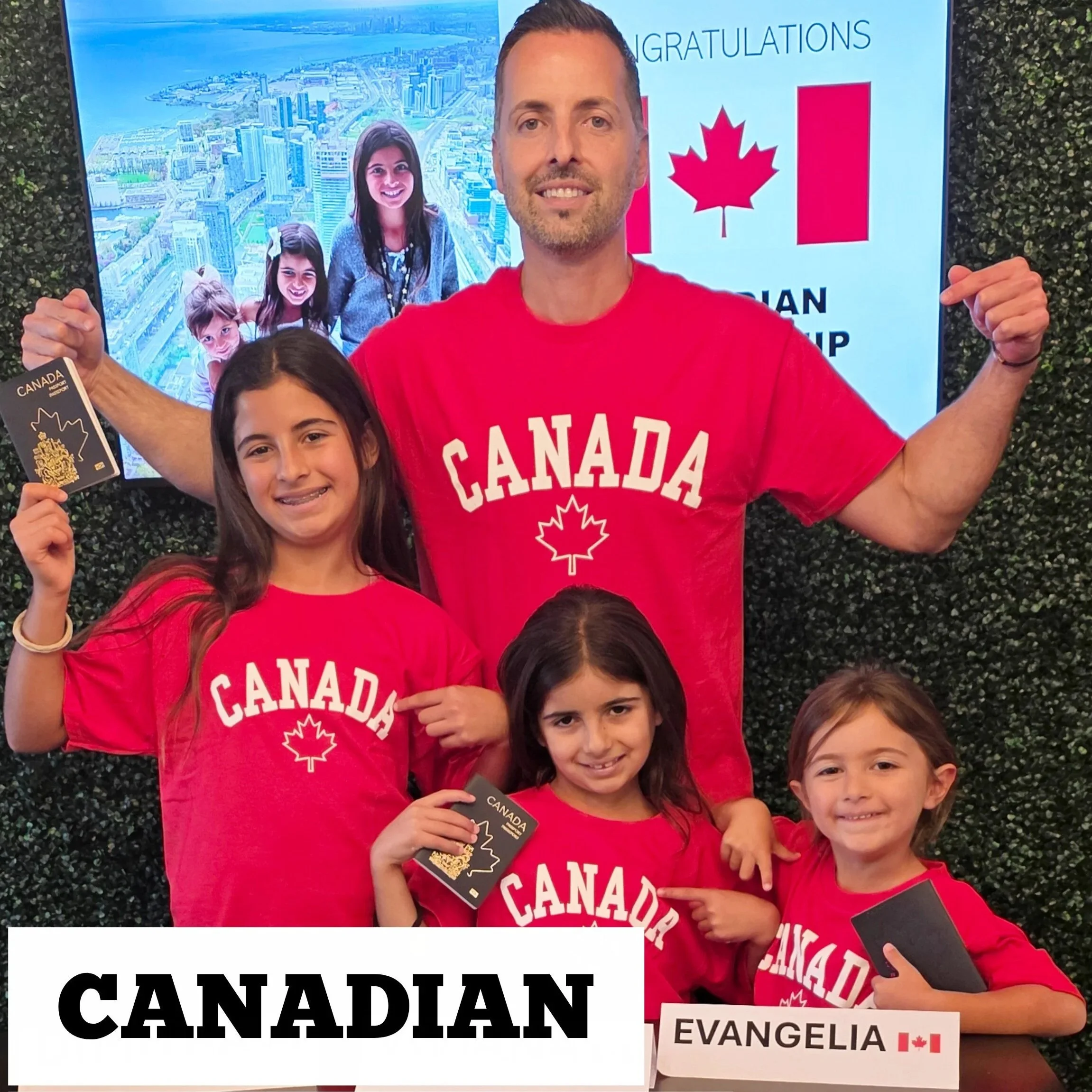CELEBRATING CULTURE THROUGH DANCE: FDF GREEK DANCE COMPETITION
CELEBRATING CULTURE THROUGH DANCE: THE FDF GREEK DANCE COMPETITION IN ANAHEIM
Every year in Anaheim, California, something truly special takes place — the Folk Dance and Choral Festival (FDF), the largest gathering of Greek Orthodox youth in the U.S., united by one purpose: to honor and celebrate our shared heritage through dance, song, and faith.
This isn’t just a competition. It’s a cultural revival. A weekend where thousands of people — families, priests, dancers, and musicians — come from across the country, dressed in traditional attire, ready to perform dances that have been passed down for generations. It's a reminder that our culture isn’t something we preserve in museums — it’s something we live, breathe, and pass on.
For me, this is more than an event — it’s personal.
I’ve watched my daughters practice tirelessly with their church group for months leading up to FDF. Rehearsing late into the evenings, mastering every step, every formation, every traditional costume change — all for a few moments on stage that mean everything. And when they finally walk onto that dance floor, surrounded by cheering families and friends, I feel a deep pride. Not just as a father — but as a Greek.
Their generation is embracing our history with joy. And FDF gives them a platform not just to perform, but to connect — with other Greek youth, with their faith, and with the music and movement of their ancestors.
It’s also an emotional reminder that, no matter how far we live from Greece, the heartbeat of our culture travels with us. Through kalamatiano, tsamikos, and syrtos. Through handmade costumes and chants from the villages of our parents and grandparents.
FDF is where we gather as a diaspora, not just to compete — but to celebrate our roots.
To every parent who’s ever sewn a costume at midnight… to every priest who’s guided their youth group through the spiritual side of FDF… to every dancer who’s felt the nerves before stepping onto that ballroom floor — this tradition lives because of you.
And to my daughters: thank you for dancing. You remind me every year that our culture is alive — and in good hands.
“FDF is where we gather as a diaspora, not just to compete — but to celebrate our roots.”
WHAT IS FDF?
The FDF Competition, short for Folk Dance and Choral Festival, is the largest annual gathering of Greek Orthodox youth in the United States, celebrating traditional Greek dance, music, and faith-based community.
🎭 Purpose and Mission
FDF was created to preserve and promote Greek culture, heritage, and Orthodox faith among younger generations in the Greek-American community. It brings together thousands of dancers, singers, families, and clergy from parishes across the country — all under one roof.
🕺 What Happens at FDF?
Traditional Greek Dance Competitions:
Youth groups perform dances from various regions of Greece, wearing authentic costumes and often accompanied by live folk musicians.Choral Performances:
Choirs perform Byzantine hymns, modern Orthodox compositions, and traditional folk songs.Spiritual Fellowship:
Church services, workshops, and religious discussions are core parts of the experience.Cultural Immersion:
From regional music to handmade costumes, every detail is an opportunity to dive deeper into Hellenic tradition.
📍 Where and When?
FDF is typically held over President’s Day Weekend in Anaheim, California, drawing parishes from all over the U.S. — especially from the Greek Orthodox Metropolis of San Francisco, which organizes the event.
❤️ Why It Matters
It keeps Greek traditions alive for new generations
It builds bonds between Greek Orthodox youth from coast to coast
It strengthens faith, identity, and cultural pride
And it gives families a chance to come together in celebration of where they come from
WHY IS CULTURAL DANCING IMPORTANT?
Cultural dancing is more than just movement — it's a powerful form of storytelling, identity, and connection that links generations and preserves the spirit of entire communities.
Here’s why it matters:
🏛️ 1. It Preserves History and Heritage
Every dance tells a story — of a village, a celebration, a struggle, or a belief.
Through cultural dancing, we keep traditions alive that may never be written down, passing them from one generation to the next.
In Greek culture, for example, dances like the Tsamikos or Kalamatianos carry deep regional, historical, and even spiritual meanings.
🌍 2. It Builds Cultural Identity and Pride
For children and youth especially, cultural dancing is a way to connect with their roots in a joyful and active way.
It strengthens their sense of belonging
Fosters pride in where they come from
Helps them see themselves in their ancestors' footsteps
💬 3. It Connects Communities
Cultural dance brings people together — families, villages, parishes, and even entire diasporas.
Whether it’s at a festival, a wedding, or a competition like FDF, dance creates shared moments that build unity and connection across generations and geographies.
❤️ 4. It Transmits Values and Emotion
Dance reflects the values and rhythms of a people — joy, resilience, reverence, strength, and love.
Even without words, it can convey complex emotions and experiences that speak to the human spirit.
🤝 5. It Strengthens Mental, Physical, and Social Health
Cultural dancing encourages movement, memorization, coordination, and group participation — all of which are beneficial for:
Physical fitness
Mental well-being
Social bonding
Confidence and expression
✨ Final Thought:
Cultural dancing is a living archive. It’s how we honor where we came from, celebrate who we are, and pass something meaningful on to those who follow. Would you like this formatted into a speech, flyer, or visual for a community event or FDF program?
WHY IS THE GREEK CONNECTION STRONG IN THE DIASPORA?
The Greek connection remains strong in the diaspora because it’s rooted in family, faith, culture, and pride — and passed down intentionally from generation to generation.
Here’s why that connection endures so powerfully, even thousands of miles from Greece:
🇬🇷 1. Deep Cultural Identity
Being Greek isn’t just an ethnicity — it’s a way of life.
From food and music to dance and hospitality, Greek culture is lived daily in diaspora communities. It gives people a sense of belonging, no matter where they are in the world.
⛪ 2. The Role of the Greek Orthodox Church
The church acts as the cultural and spiritual glue of the Greek diaspora.
It’s where people gather for worship, festivals, language school, and events like FDF. Through the church, children learn not only about faith, but also about their language, customs, and history.
🏡 3. Strong Family Structures
Greek families — whether in Athens, Sydney, or Chicago — are known for being tight-knit and intergenerational.
Grandparents pass down stories, recipes, and traditions, while parents make cultural continuity a priority. That structure reinforces identity from a young age.
💃 4. Pride in Heritage
Even third- and fourth-generation Greek-Americans or Canadians still feel pride in their heritage.
Why? Because Greek culture is rich, resilient, and celebrated openly. Diaspora communities take pride in things like:
Traditional dancing
Speaking Greek
Celebrating name days and Orthodox holidays
Visiting Greece and reconnecting with their roots
🌍 5. A Global but Connected Community
Despite being spread around the world, Greeks stay surprisingly connected:
Greek festivals
Panhellenic conferences
Social media groups
Diaspora publications and podcasts
Youth events like FDF, which unite young Greeks nationwide
✨ Final Thought:
The Greek connection in the diaspora is strong because it’s nurtured with love, pride, and intention. It’s not about holding onto the past — it’s about carrying it forward, proudly and publicly.


